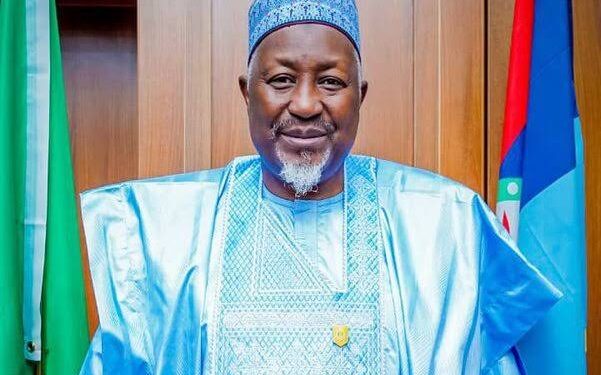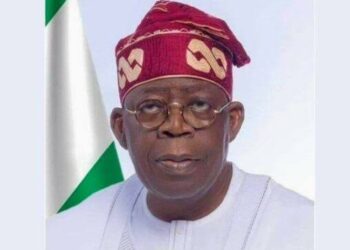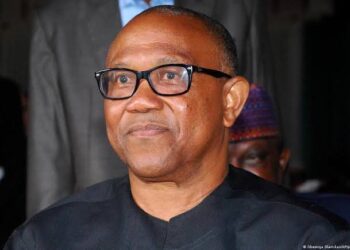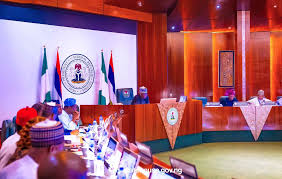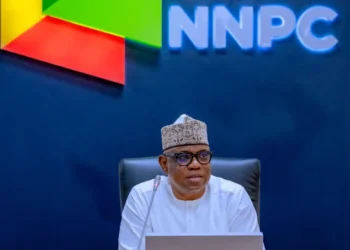The House of Representatives has asserted that terrorists who carry out assaults in the nation have better weapons than the Nigerian Armed Forces. In response, Minister of Defence Mohammed Abubakar has responded.
He clarified that the essence of terrorism in the nation is guerrilla warfare rather than conventional combat, necessitating the use of distinct tactical strategies.
Speaking during a cabinet briefing in Abuja on Wednesday, the minister insisted that the military had superior weaponry and technological capabilities, calling such assertions “absolutely not true”.
He said, “This ministry is a very interesting one because it affects the lives of everyone. Yesterday, the House of Representatives said that terrorists have better weapons than we do. That is absolutely not true. We have much more sophisticated equipment and drones.”
He clarified that the essence of terrorism in the nation is guerrilla warfare rather than conventional combat, necessitating the use of distinct tactical strategies.
“This war is not a conventional one; it’s more like guerrilla warfare. They monitor us, they have informants within the communities we are trying to protect, and they strike unexpectedly.
“Our surveillance cannot cover every area at once, but that doesn’t mean they are better armed. We are more advanced in terms of equipment, and that’s why we’ve recorded successes,” he said.
He made these remarks in response to the House of Representatives’ Tuesday worries about the rise in terrorist strikes, especially in the Northeast.
A devastating ambush on a military installation in Giwa, Borno State, was mentioned by the MPs as proof that militants may be better armed than government forces.
They voiced concern about the growing threat presented by ISWAP and Boko Haram, particularly in the states of Borno and Yobe.
The minister also denied rumours that terrorists would be utilising armed drones, stating that what had been observed thus far were makeshift civilian drones.
“From what we’ve gathered so far, they don’t have armed drones. What we’ve seen are basic, commercial drones modified by tying explosives to them as improvised devices. These are not sophisticated or military-grade drones with strategic targeting capabilities,” Badaru clarified.
In cooperation with the National Security Adviser, he noted, the government was stepping up intelligence collection and had apprehended multiple arms smugglers.
“We are strengthening our intelligence capabilities both domestically and abroad. Additionally, we are collaborating closely with international allies to identify and shut down illicit arms supplies. This involves keeping a closer eye on the usage of civilian drones,” he continued.
On Tuesday, the Senate decided to hold a national security meeting in Abuja for two days.
The summit, which will include traditional institutions, state, local, and federal governments, as well as other important stakeholders, was to be organised by an ad hoc group.
The motion was approved despite several lawmakers questioning the need for another summit, pointing to previous attempts that had not yielded noticeable outcomes.
The committee was instructed to start preparations right away by Senate President Godswill Akpabio.
Emerging security threats, intelligence sharing, community-based approaches, and creating a National Security Action Document to direct reforms are anticipated to be the main topics of the summit.
The defence minister responded to the scheduled gatherings by both legislative chambers by praising the concept but pointing out that the most important element was still concrete strategies.
“Summits are useful, but putting strategies in place that address the underlying causes and shifting dynamics of insecurity is more crucial,” he continued.


